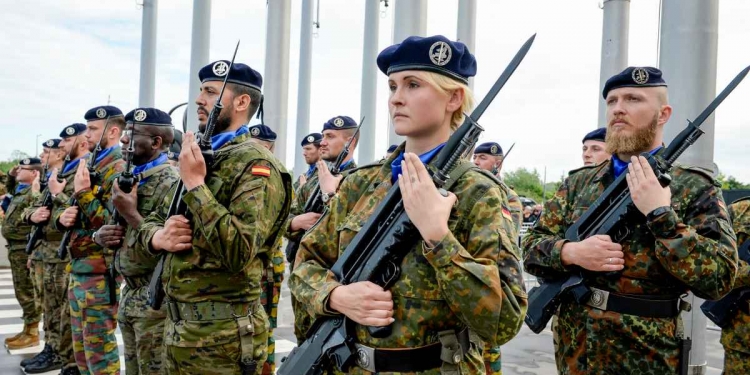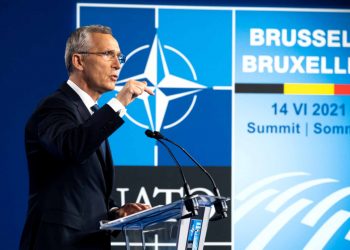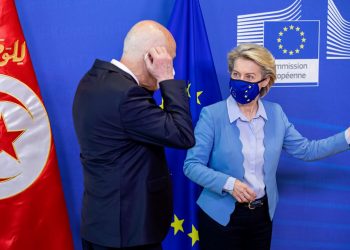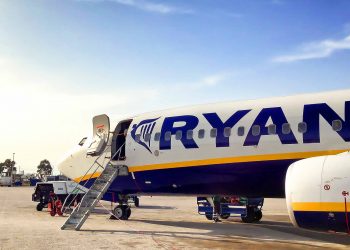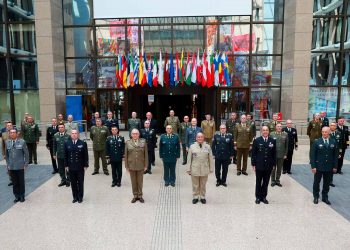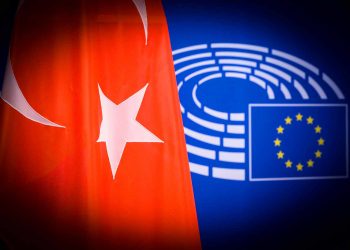When the Allies planned D-Day, they had to negotiate many balances and procedures before the invasion. That kind of co-operation still exists in NATO for international level.
Today the 6th June 2019 is the 75th anniversary of the Allied troops landing at Normandy during World War II, a legendary event that has come to be known as D-Day. The loss of life among the allies is thought to be around 9,000, with around 4,000 on the German side. Some 200,000 Germans were captured as prisoners of war.
Should the European Union today have its own army?
As an organisation, the European Union has spent decades aiming to increase co-operation between its member states and to grow its influence internationally. Recently, this aim has led to the suggested formation of a centrally controlled EU army.
The enemy is strong. He may hurl back our forces but we shall return again and again; and we know that by Thy grace, and by the righteousness of our cause, our sons will triumph.
Prayer given by Franklin D. Roosevelt in 1944 and read by Donald Trump at the occasion of the 75th anniversary of the D-Day.
Since the end of the Cold War, NATO has expanded to include 29 members with disparate interests. Many NATO partners squabble over both the alliance’s decision-making process and the cost of maintaining the military alliance. Now EU Commission DG Defence with all EU military programs is going to build a new EU military cooperation, a new EU fund for european security-defence and the new EU headquarters for military operations.
The D-Day is the biggest seaborne invasion. Allied forces not only helped to liberate Europe from the Nazis but were instrumental in changing the world order.
75 years after D-Day, has the old alliance fallen apart?
Would an EU army bring Europe together and increase its power and influence, or, would such an army be ineffective and harmful to the stability of the EU as a whole?

